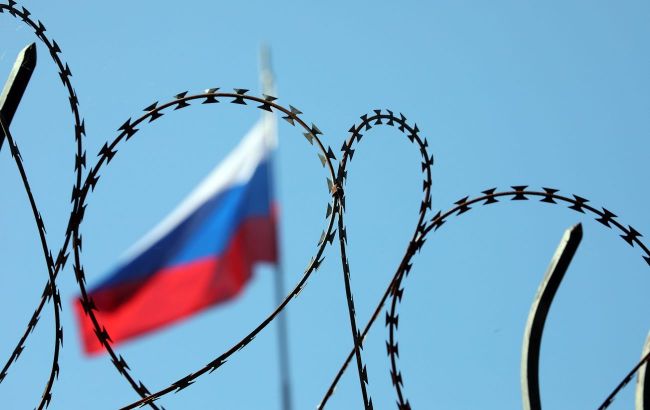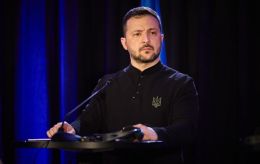EU considers ban on Russian LNG and aluminum in 16th sanctions package – Bloomberg
 Photo: A new package of sanctions will be adopted in February (Getty Images)
Photo: A new package of sanctions will be adopted in February (Getty Images)
The European Union considers the gradual introduction of restrictions on importing Russian liquefied natural gas (LNG) and aluminum. The new measures will be part of the EU's 16th sanctions package against Russia for its war in Ukraine, Bloomberg reports.
The proposed measures, which will form part of the new sanctions package, include restrictions on dozens of vessels in Russia's shadow fleet transporting Russian oil, as well as enhanced export controls on goods used for military purposes. This move will also result in more banks being disconnected from the international SWIFT system.
According to media sources, aluminum restrictions will be phased in, with the timeline and scale yet to be determined. Meanwhile, the abandonment of LNG imports could be implemented either as a sanction or as part of a roadmap that the bloc's executive body plans to present next month. The draft proposals are still under discussion by EU member states and may change before their official presentation.
While a ban on Russian gas imports has been a pressing demand from several countries, the EU still needs to decide whether to rely on sanctions to make the ban legally binding. Sanctions could serve as the strongest argument for terminating contracts with Russian suppliers, but they require unanimous approval from EU states and are subject to a limited duration.
Some officials have stated that sanctions against Russian pipeline gas are impractical, as a group of countries, including Hungary and Slovakia, remain dependent on Gazprom's supplies. However, a ban on LNG imports, which reached a record level last year, appears more feasible. Bloomberg sources explain that the three countries importing the largest share of this fuel - Spain, Belgium, and France - are unlikely to block punitive measures against Russia.
The bloc is also considering proposals to add more companies from third countries, including China and the United Arab Emirates, to the sanctions list for aiding Russia in acquiring technology used in weapons. Additional restrictions on Russia's transportation sector are also being discussed.
Furthermore, the EU plans to close additional loopholes that allow Moscow to circumvent existing restrictions and introduce higher tariffs on agricultural products and fertilizers as part of the new sanctions package.
The bloc intends to adopt the new measures next month, coinciding with the third anniversary of Russia's full-scale invasion of Ukraine.
Yesterday, Ukrainian Foreign Minister Andrii Sybiha stated that Ukraine and Estonia would jointly push for a stronger 16th EU sanctions package against Russia. In particular, he emphasized that the EU needs to move from freezing to confiscating Russian assets this year. According to Sybiha, to support Ukraine, it is necessary to start using not only the profits but also the assets themselves.

